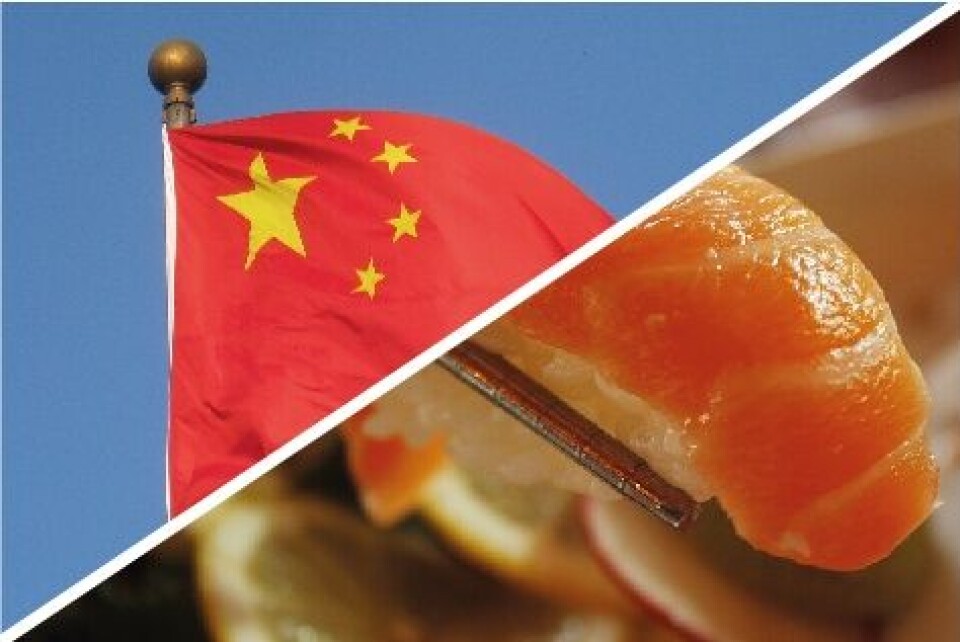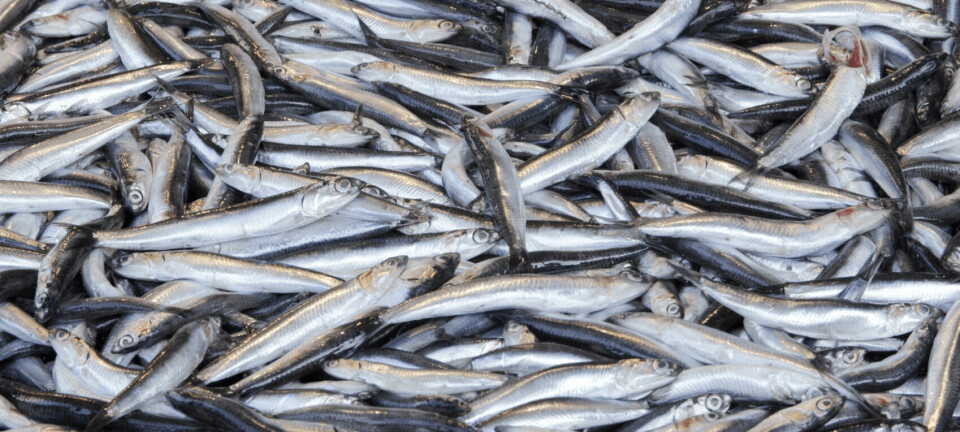
Chile doubles salmonid exports to China
Chile more than doubled the amount of salmon and trout exported to China in the first half of 2018 compared to the same period in 2017.
According to data provided by Infotrade, in the first half of 2018 a total of 20,458 tonnes of salmonids were exported from Chile to China, an increase of 112% compared to the same period of 2017, when 9,655 tonnes were shipped.
And although Chile is not expected to repeat that performance in the second half of the year, sales for the whole of 2018 will be more than 50% higher than in 2017, according to Eduardo Goycoolea, executive director of New World Currents, which represents several Chilean salmon farmers in China.

“China is growing fast and Chile has taken the lead this year, monopolising the expansion for three reasons,” said Goycoolea. “One is our largest-ever national production, with an offer of healthier and therefore bigger fish that the Chinese consumers like a lot.
“As a second factor, the price level that China has had this year has been attractive, compared to other destinations, which explains the intention of the Chilean production to take positions in that country. Cermaq, Multiexport Foods and Los Fiordos definitely decided to grow significantly in this market, something they had not done in previous years, because they are seeing that the effort to go to China really gives results - it is not just a punt but something stable and expansive.”
And, thirdly, the executive points out, “as the Chinese importers were illegally bringing salmon from Norway, the government of the Asian giant stopped them judicially, and therefore the flow of fish from the Nordic market suffered for a time, which was taken advantage of by Chilean companies”.
Goycoolea is confident Chinese demand will continue.
“This growth is sustainable over time. I do not think we’ll end up doubling exports of Chilean salmon to China this year as in the first half, but the expansion will be over 50% in 2018 compared to 2017, that’s certain. Probably, the pace will moderate in 2019 due to the lower national production and because the Norwegians will take a bigger slice of the Asian giant, but the advance will continue to be relevant,” he said.




















































